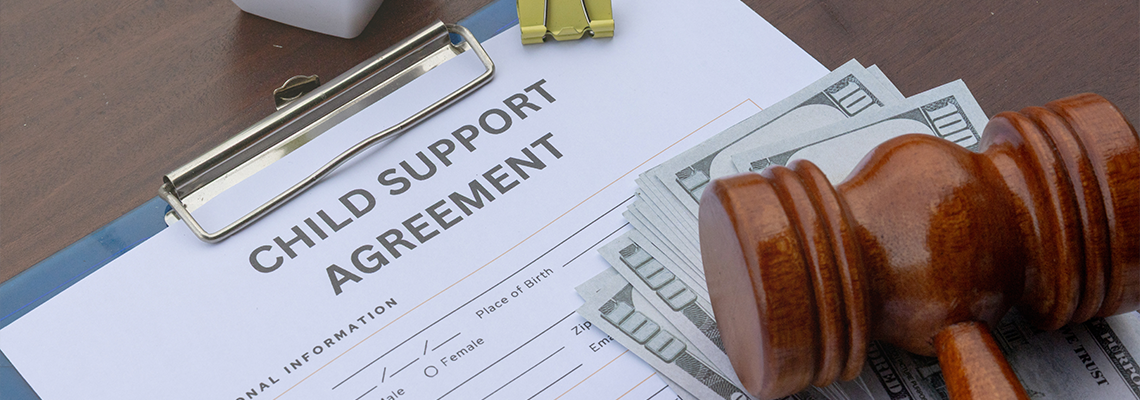
Violent crimes are among the most serious offenses. Accusations of violence can have life-altering consequences, including prison time and a permanent criminal record. But what exactly qualifies as a violent crime? Understanding this distinction is important, especially when your freedom and future are potentially at stake.
At Le Fleur Law LLC, Attorney Annie Le Fleur brings years of courtroom experience to handling violent crimes. Based in Grand Junction, Colorado, Le Fleur Law LLC proudly serves clients across Mesa County, Delta County, and Montrose County. If you're facing allegations of violence, Le Fleur Law LLC aims to help you explore the characteristics of violent crimes and Colorado laws.
What Constitutes a Violent Crime?
A violent crime, by definition, involves the use or threat of physical force against another person, often with the intention of causing harm. These offenses range in severity and cover a broad spectrum, from minor altercations to life-threatening assaults. Common examples include:
Assault: Intentionally causing harm or attempting to harm another person.
Homicide: The unlawful killing of another human being, which includes murder and manslaughter.
Sexual assault: Non-consensual acts of a sexual nature involving force or intimidation.
Robbery: Taking property directly from someone by force or threat.
Kidnapping: Unlawfully seizing or holding someone against their will.
Violent crimes can occur in various contexts, from personal disputes to public altercations. What sets them apart is their reliance on physical actions, regardless of whether those actions are carried out or merely threatened.
Beyond physical harm, violent crimes may also involve emotional and psychological trauma to victims, making them a particularly fraught area of criminal law. Many violent crimes are handled with higher scrutiny by law enforcement and prosecutors because of their capacity to harm society.
Why You Should Take Violent Crime Charges Seriously
Violent crime charges attract significant consequences. Convictions can lead to lengthy prison sentences, hefty fines, and long-term stigma once the sentence is served.
Besides the legal penalties, these charges can negatively impact your personal and professional life. For example, a felony conviction might make finding stable employment or secure housing challenging. Relationships with friends and family may also suffer, especially if terms like "violent offender" are attached to your name.
It's important to remember that accusations don’t equal guilt. There are often nuances in violent crime cases, such as self-defense or misidentification. Building a strong defense begins with working closely with an experienced litigator who can challenge the government’s case.
Violent Crime Laws in Colorado
In Colorado, violent crimes often carry harsher sentences due to the danger they pose to public safety. Some key points to keep in mind under Colorado law include:
First-degree assault (CRS 18-3-202): This occurs when someone causes serious bodily injury using a weapon or with extreme indifference to life. It’s a Class 3 felony and can result in 10–32 years of imprisonment.
Domestic violence (CRS 18-6-800.3): Charges involving domestic partners or family members often include other crimes (like assault) but carry additional penalties such as mandatory treatment programs or restraining orders.
Murder (CRS 18-3-102 & 18-3-103): First-degree and second-degree murder are distinguished by intent and premeditation, with first-degree being the gravest offense. Convictions carry life in prison or even the death penalty in certain jurisdictions.
Bias-motivated crimes (CRS 18-9-121): Often referred to as hate crimes, these involve acts of violence motivated by the victim’s race, religion, or another protected category. Such crimes carry severe penalties.
Mandatory sentencing: Many violent crimes in Colorado come with mandatory minimum prison sentences, meaning the judge has little discretion in reducing penalties for these offenses.
In many violent crime cases, Colorado allows for enhancements to potential charges if aggravating factors are present. For instance, the use of a deadly weapon or the infliction of permanent disability can amplify charges and sentencing.
The Importance of Legal Representation
The stakes are simply too high in violent crime cases to leave your defense to chance. Prosecutors often approach these cases aggressively because of the perceived harm to the community. Without proper legal representation, you could face the maximum penalties. An experienced attorney can help you by:
Investigating the evidence thoroughly to uncover inconsistencies or errors.
Presenting mitigating circumstances, such as self-defense or mistaken identity.
Negotiating with prosecutors for reduced charges or alternative sentencing.
At Le Fleur Law, Attorney Annie Le Fleur understands the immense stress that violent crime accusations can bring. She's here to help you regain stability and hope for the future.
Criminal Defense Attorney in Grand Junction, Colorado
When you're facing allegations involving violence, trust is key. Le Fleur Law LLC offers compassionate, client-centered legal services to empower you through difficult times. Backed by years of courtroom experience, they combine aggressive litigation strategies with deep respect for clients’ needs.
If you need reliable legal guidance, Le Fleur Law LLC serves clients in Colorado throughout Grand Junction County, Mesa County, Delta County, and Montrose County. Take the first step in securing your future with a dedicated advocate.



